日本は、近隣諸国の反対にもかかわらず、津波による被害を受けた福島原発から処理済みの放射能汚染水を太平洋に放出し始めた。この決定は、国連の原子力監視機関の承認に続くものである。2011年の津波で原発が壊滅的な被害を受けて以来、約134万トンの水、つまり500個のオリンピックサイズのプールに相当する水が蓄積されてきた。この水は、ろ過と希釈を経て30年かけて放出される予定だ。
日本政府は、原発の廃止作業にはこの水の放出が必要な一環であると主張している。汚染水の保管タンクの収容スペースが枯渇しているためだ。福島第一原発は、2011年のマグニチュード9.0の地震による津波によって浸水し、史上最悪の原発事故の一つが起こった。
処理済みの水の放出計画は、アジアと太平洋地域全体で懸念と抗議を引き起こしている。国連の原子力監視機関はこの計画を承認し、人々と環境への影響は最小限だと述べている。しかし、漁師や地域住民など多くの人々は、水の放出が彼らの生計に悪影響を及ぼすと懸念している。原発の運営者である東京電力は、60以上の放射性物質を取り除くために水をろ過しているが、トリチウムと炭素14の微量が残る。
専門家は、これらの残留同位体は大量に摂取しない限りは最小限のリスクしかないと指摘している。この水は太平洋に放出されるため、広大な水域によって汚染は著しく希釈される。しかし、特に中国を中心に、近隣諸国はこの計画に強く反対し、日本が環境と公衆衛生を軽視していると非難している。韓国はこの計画を支持しているが、日本や他の国々で反対の声も上がっている。ソース:BBC NEWS

Japan will begin releasing treated radioactive water from the tsunami-damaged Fukushima nuclear plant into the Pacific Ocean, starting on Thursday, despite objections from neighboring countries. The decision follows the approval of the plan by the UN’s nuclear watchdog. Approximately 1.34 million tonnes of water, equivalent to 500 Olympic-size pools, have accumulated since the plant was destroyed by a tsunami in 2011. The water will be released over 30 years after undergoing filtration and dilution.
Japan’s government argues that releasing the water is a necessary step in decommissioning the plant, which is located on the east coast of the country. The storage tanks for the contaminated water are running out of space. The Fukushima Daiichi Nuclear Power Plant was flooded by a tsunami triggered by a magnitude 9.0 earthquake in 2011, leading to one of the worst nuclear disasters in history.
The plan to release the treated water has raised concerns and protests across Asia and the Pacific. The UN’s nuclear watchdog approved the plan, stating that the impact on people and the environment would be minimal. However, fishermen and other residents in the region fear that the water release will harm their livelihoods. Plant operator Tepco has filtered the water to remove over 60 radioactive substances, but it will still contain trace amounts of tritium and carbon-14.
Experts have indicated that these remaining isotopes pose minimal risks unless consumed in large quantities. The water will be released into the Pacific Ocean, a vast body of water that will significantly dilute the contamination. Despite this, neighboring countries, particularly China, have vehemently opposed the plan, accusing Japan of disregarding the well-being of the environment and public health. South Korea has endorsed the plan, but protests against it have occurred in Japan and other countries.
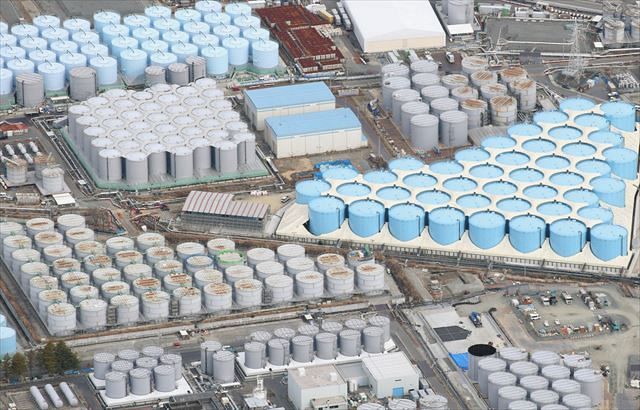
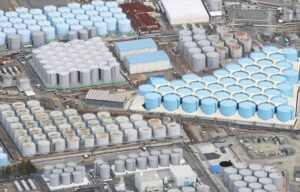



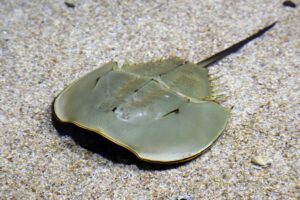

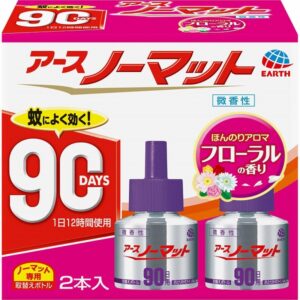
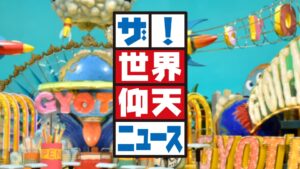

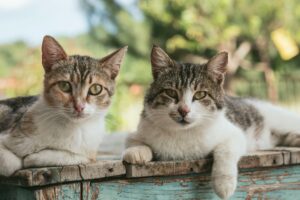
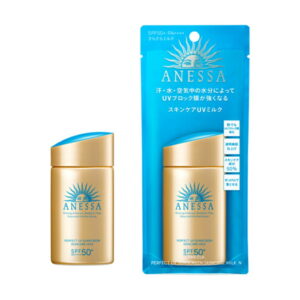
コメント